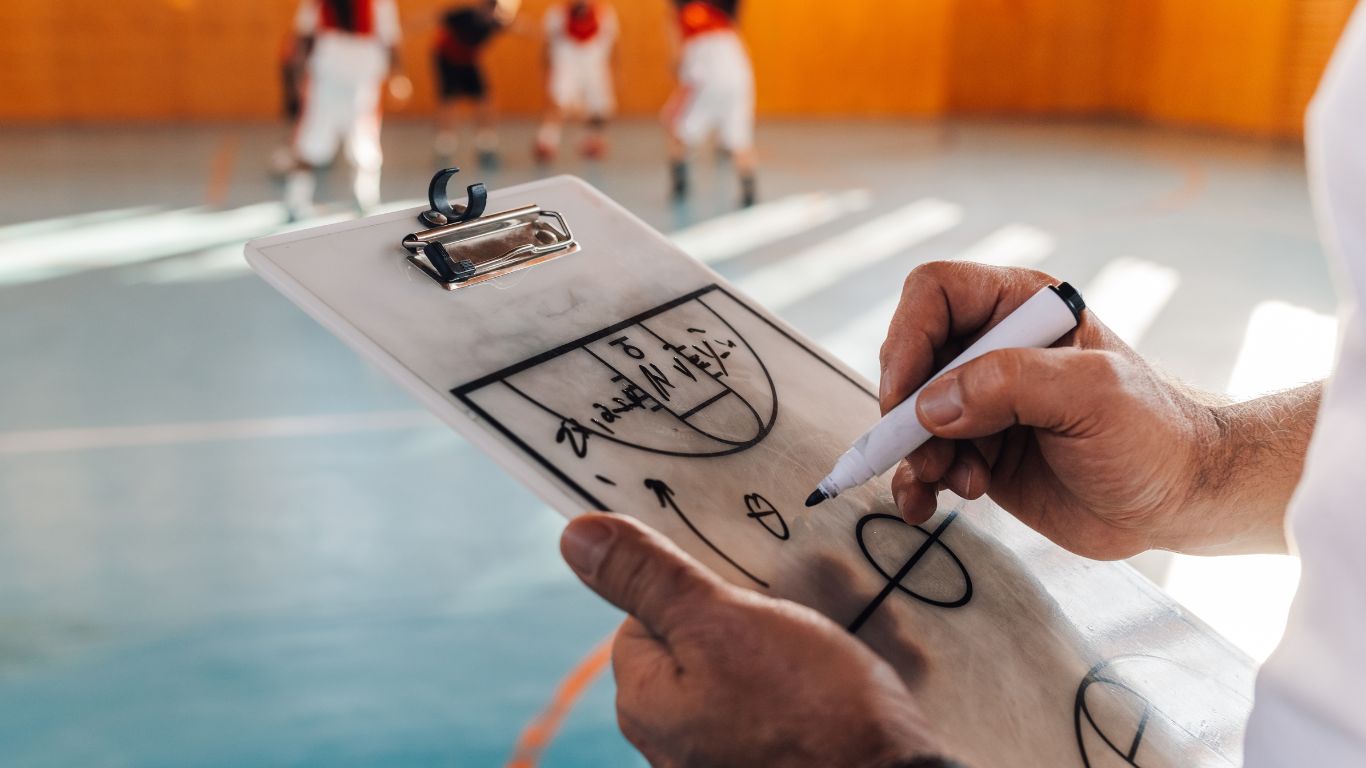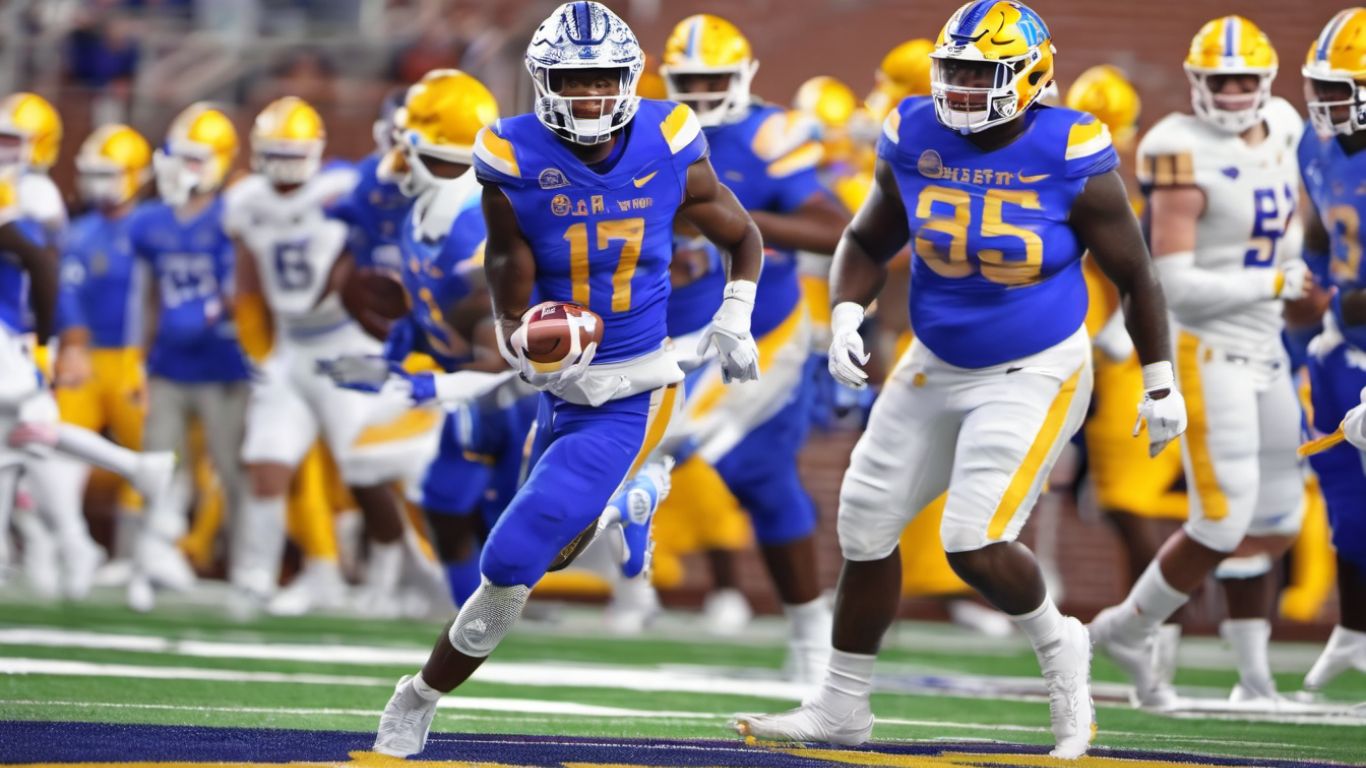In sports, specific terminology can sometimes be confusing, especially when the same term or acronym is used across different types of football, such as American football and soccer. The term “DB” represents a crucial position in American football but does not have a direct correlation with soccer. This article aims to demystify the term by focusing on its meaning within American football, exploring the roles and responsibilities of a DB, and explaining why this position is vital to a team’s defense.
American Football: The Defensive Back (DB)

In American football, “DB” stands for Defensive Back, a player primarily responsible for defending against the opposing team’s passing game. These players are part of the secondary, the last line of defense against the pass, and are also crucial in run support.
Responsibilities
Coverage: One of the main responsibilities of a DB is to cover receivers, ensuring that passes intended for those receivers are broken up or intercepted.
Tackling: Despite their primary focus on the pass, DBs must also be adept at tackling to stop the run or take down receivers after they’ve caught the ball.
Interceptions: One of the most highlight-worthy aspects of a DB’s job is intercepting the ball, turning the game’s tide by taking possession from the offense.
Support: In scenarios where the opposing team decides to run the ball, DBs must come down from their positions to assist their teammates in stopping the run.
Types of Defensive Backs
- Cornerbacks (CBs) Usually line up directly across from wide receivers and are tasked with either man-to-man coverage or zone coverage.
- Safeties (Safeties): Divided into free and strong safeties, they typically cover the deeper part of the field and aid cornerbacks with serious threats or support the defense against the run.
- Nickelback: A fifth defensive back was added to the formation to cover additional receivers or support stopping the pass in certain situations.
- Hybrid Players: Players who combine characteristics of linebackers and safeties and are adaptable to various defensive schemes.
Importance of Defensive Backs

DBs’ abilities to prevent big plays, intercept the ball, and tackle skillful players make them pivotal in the defense’s strategy. A skilled defensive backfield can effectively neutralize some of the game’s most potent offenses, making DBs key players in determining the outcome of a match.
Challenges Faced by DBs
The position requires incredible athleticism. DBs must possess speed to keep up with fast receivers, agility in changing directions swiftly, and intelligence in reading offensive schemes. The evolution of the passing game in American football has only increased the importance and difficulty of the defensive back’s role.
Soccer Context
In soccer, the term DB is not used. Defensive positions in soccer include center-backs, full-backs, and wing-backs. These positions focus on stopping the opposing team’s forwards and midfielders from scoring rather than defending against passing plays, as in American football.
FAQs
Q: Can a player switch from one type of DB to another?
A: Yes, it’s common for players to switch between different DB positions based on team needs, game situations, or individual skill sets. However, each position requires a unique set of skills and physical attributes.
Q: How do DBs train to improve their skills?
A: DBs use various training exercises to enhance speed, agility, strength, and cognitive skills. Drills simulating game situations, studying opponent tactics, and physical conditioning are key components of their training regime.
Q: What makes a great DB in American football?
A: A great DB possesses fast reaction times, exceptional speed and agility, a deep understanding of the game, excellent hand-eye coordination for interceptions, and strong tackling abilities. Leadership and communication skills are also crucial, as DBs often coordinate to cover multiple offensive players.
Q: How has the role of the DB evolved in American football?
A: The increasing emphasis on the passing game in American football has elevated the importance of DBs. This evolution has led to more specialized roles within the defensive backfield, higher athletic demands, and strategic adjustments to counter sophisticated passing attacks.
Q: Why are interceptions considered game-changing plays?
A: Interceptions are pivotal because they abruptly halt the opposing team’s offensive drive, potentially shifting momentum and providing the intercepting squad an opportunity to score. In closely contested games, an interception can be the decisive factor in determining the outcome.
Q: Are DBs involved in scoring points?
A: While their primary role is on defense, DBs can score points through interception returns or fumble recoveries, instantly turning defense into offense. These plays are especially impactful and can significantly influence the game’s momentum.
Conclusion
Defensive Backs are fundamental to any American football team’s defense strategy. Through their coverage skills, ability to make crucial tackles and potential for creating game-changing interceptions, DBs hold a position of immense influence on the field. Their development and deployment can shape the game’s dynamics, making them indispensable to the sport’s defensive aspects.








